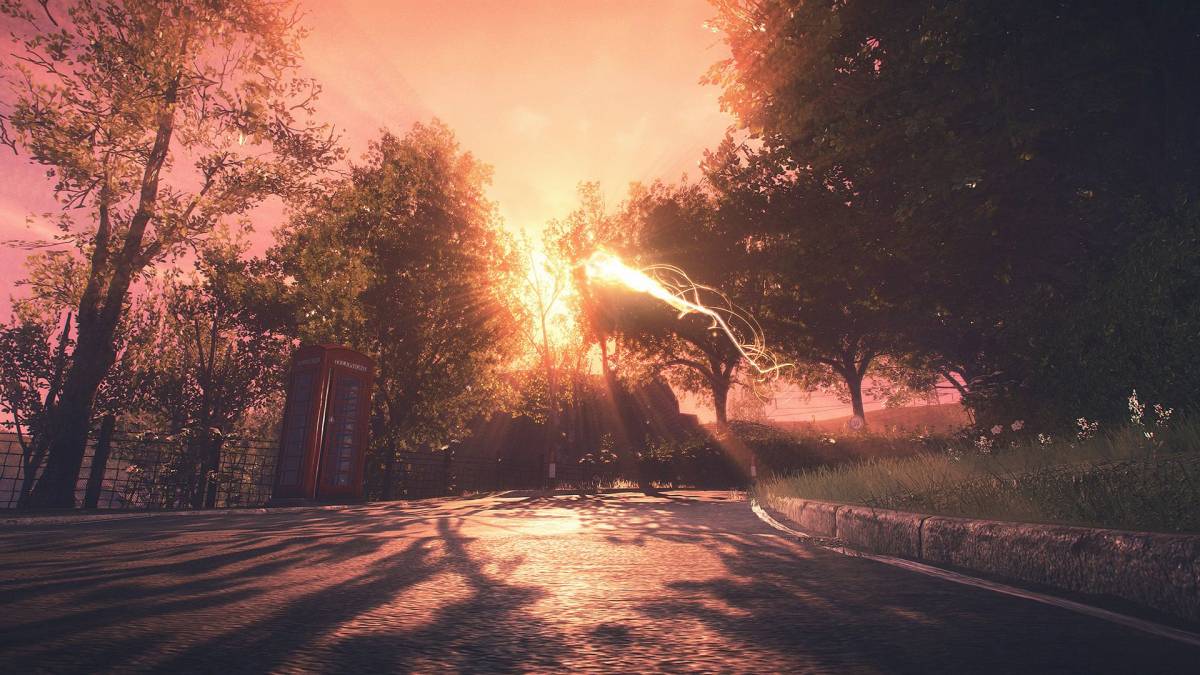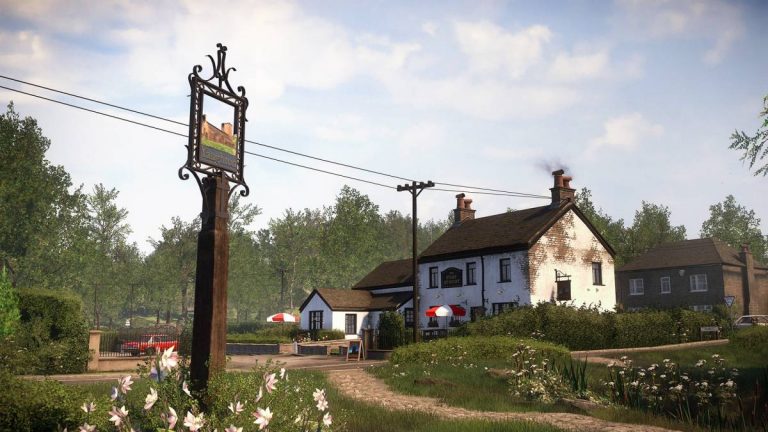When it comes to video games, the idyllic countryside clearly isn’t the first choice of setting. Looking on Giantbomb’s ‘roaming the countryside’ list, the top five games that fulfil this ‘concept’ include: Red Dead Redemption, Just Cause 2 and Fallout 3 (irradiated still counts I guess). However, it is clear that Giantbomb’s list is now out-dated thanks to the release of The Chinese Room’s Everybody’s Gone to the Rapture, which allows players to roam the fictional village of Yaughton in Shopshire. Residing in rural Lincolnshire myself, I approached Everybody’s Gone to the Rapture with curiosity – the tumbling hills of the Lincolnshire Wolds or the vast expanse of farmland that shrouds the Midlands initially seemed to have nowhere to hide a mysterious and enthralling apocalyptic narrative.
Although historically, this has not always been the case. As modernity hit Britain in and around the period of the Industrial Revolution, many writers looked back to the pastoral and found more humble perspective towards nature. Pastoral writers such as Thomas Hardy explored the social intricacies of tight-knit farming communities and championed the beauty of the natural landscape.
Throughout this period, the hopeful and the ambitious flocked to the cities in hope of a better life. 200 years later, as the trend of developing larger, more populated worlds shows no indications of dying, game developers are intent on rendering each of these migrants in video games today. From the representation of Gotham in Rocksteady’s Batman: Arkham Knight, to the closer-to-home Assassin’s Creed: Syndicate – open world cities are the in thing. To counter this fetish for the urban, The Chinese Room has returned to the countryside and embraced pastoral England in order to create an insular narrative, which still has worldwide implications.

Everybody’s Gone to the Rapture is founded on principles of community that wholly-represent that of rural idylls. Speaking from experience, individuals within these communities are intrinsically linked. The reality of Everybody’s Gone to the Rapture’s characters is expressed not in their spectral forms, but in their actions and the resounding impact they will have on the community. From Kate’s alienation combined by being both perceived and feeling like an outsider, to Wendy’s inability to avoid being instrumental in her son’s choice of partner, these characters subtly yet effectively chain to one another to form a believable community. Players do not bear witness to a worldwide apocalypse. Dan Pinchbeck, co-founder of The Chinese Room states that “the apocalypse is about people, and the connections between them. What’s really touching is parents waiting for their kids to come home – and what they’re worried about is that the buses aren’t running, not that the world is ending. It’s the little moments that get you.” The real tragedy of Everybody’s Gone to the Rapture is that this community no longer exists. If this one is gone, so are all the others.
Despite its 1980s setting, the game utilises technology as one of its key narrative devices. Players are drip-fed narrative tidbits as through radio broadcasts, phone calls and tape recordings. However, in keeping with the pastoral theme, technology appears to be debilitating for the game’s characters. Cars and trucks seem inactive and abandoned in the middle of the road, with Stephen struggling to turnover a car at one point in the game. A train crashes and later on, it is revealed that the telephone was one of the main methods through which the unnamed phenomenon travels and invades the human anatomy. The only constant in Everybody’s Gone to the Rapture is its natural setting. Bubbling becks still run through luscious farmlands, luminous bluebells stand upright in the grass, and butterflies still dance amongst the summer flowers in the wake of humanity’s disappearance.
As video games continue to hurtle towards the creation of impressive cities, increased numbers of NPCs walking towards non-existent destinations and attempt to include multiple characters who fall prey to being under-developed, The Chinese Room echo the pastoral lamentations of the past. They have created the video game pastoral and in doing so, they have proved that an insular narrative set in rural England can be one of the most impactful, emotional experiences of the year.
Some of the coverage you find on Cultured Vultures contains affiliate links, which provide us with small commissions based on purchases made from visiting our site.

